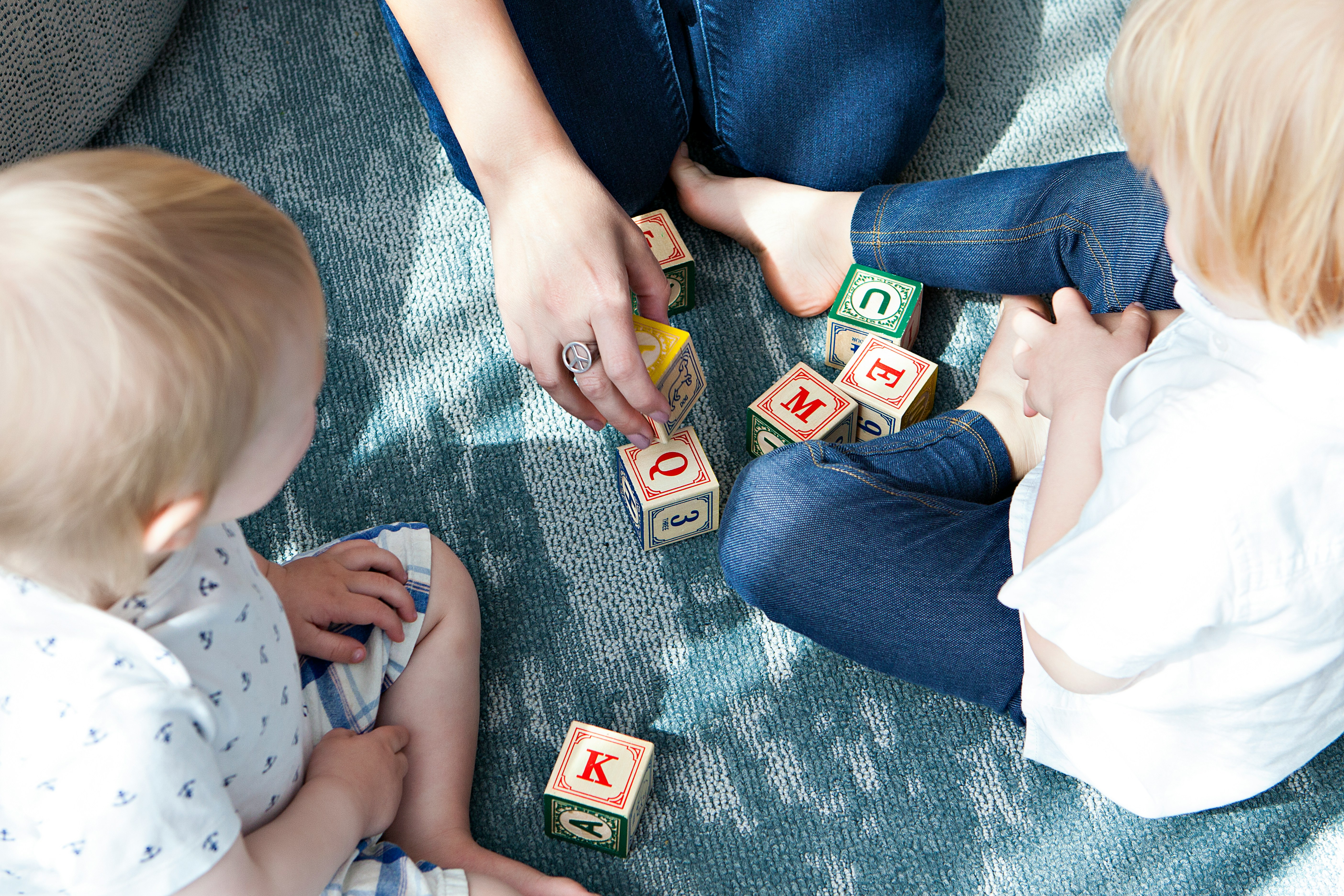Raising children is no easy task in any situation, but when your kid has certain behavioral needs, it can feel impossible to know what to do. If you can’t seem to get your child to listen or make good choices, he or she may have a behavioral disorder. Here’s how to identify serious behavior problems and what to do about them.
Know the difference between normal and abnormal behaviors
Every child will have some behavior issues, so it’s important to learn to recognize whether your kid is having a normal outburst or showing signs of oppositional defiant disorder (ODD). Other common behavioral disorders in children are attention deficit hyperactivity disorder (ADHD), anxiety disorder, depression, bipolar disorder, and conduct disorder. If you’re trying to decide if your child might have a behavioral disorder, think about the severity and length of the concerning behaviors. Has he or she been physically violent with other kids or animals, beyond tugging a cat’s tail or pushing a classmate? Has your child been very angry with you frequently over the last six months? If behaviors are serious enough to disrupt your kid’s daily life (and by extension, your life) and have continued for months, it’s time to consult a professional.

A therapist can treat disorders in children
It is possible for children to receive treatment for behavioral disorders. Working with a therapist and taking medication can help a child regain a normal life. While in therapy, your son or daughter will receive an individualized plan designed to address his or her specific needs. Cognitive-behavior therapy can help your child learn to cope with anxiety, depression, or a conduct disorder. Medication can improve your kid’s focus if they struggle with ADHD. Your child’s therapist can also work with the whole family to help you learn tools for interacting with your son or daughter. You’ll understand how to best meet your child’s needs with this kind of help, and the combination of individual and family therapy will do wonders for your kid’s mental health. Don’t let your son or daughter struggle to get through daily life. Providing him or her with therapy and meds will provide for their unmet needs while helping your mental health as well.

You’ll still have to do some work
Therapy and medication can make a huge difference for children, but you’ll still have to understand how to work with your kid. A therapist can give you the skills you’ll need to provide for your son or daughter’s unique needs. Many of the same practices that work for parents of kids without behavioral disorders will also work for you. Make sure you’re praising good behaviors and helping your child replace bad behaviors. It’s important to be consistent in your choices. Don’t praise your child one day for playing a video game and then punish him the next day for the same action. All kids need consistency, but especially kids who struggle with ODD or ADHD. Be clear about the rules of the home and don’t waver on them. Keep the list of rules short and make each one easy for your child to follow. As with any kid, make sure you’re spending time with your child. All children need attention from their parents, so spend time together and do what your kid wants to do. Be kind to your son or daughter and stay aware of his or her needs. Being a parent of a kid with aggression or antisocial behavior requires a different approach. Do what you can to learn what helps your child.

If you’re concerned that your kid has a behavioral disorder, talk to a professional. With the right treatment, your child can live a successful and happy life.
































